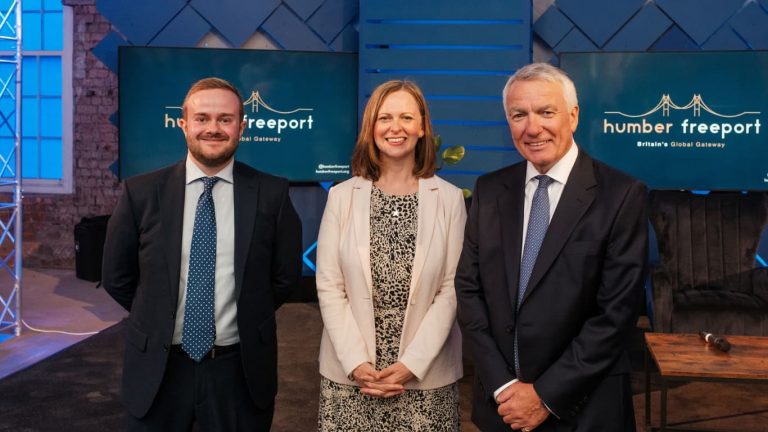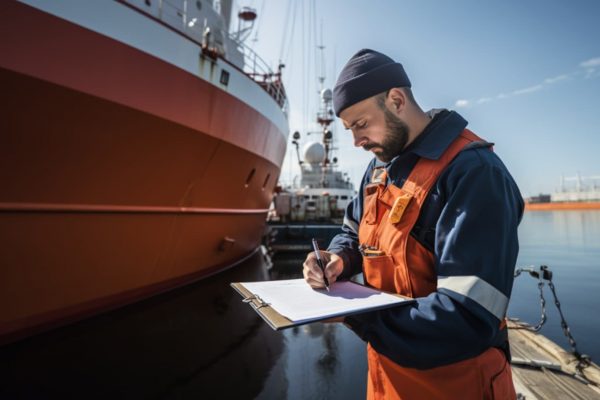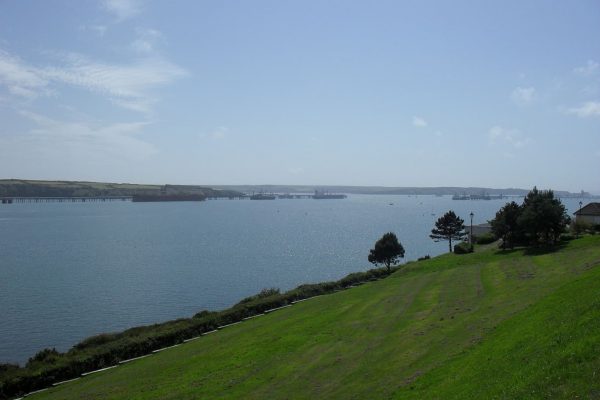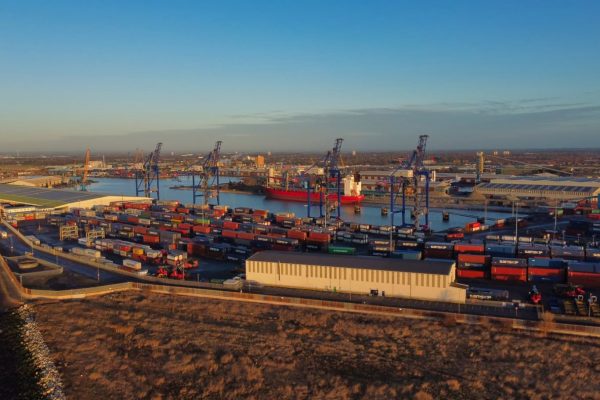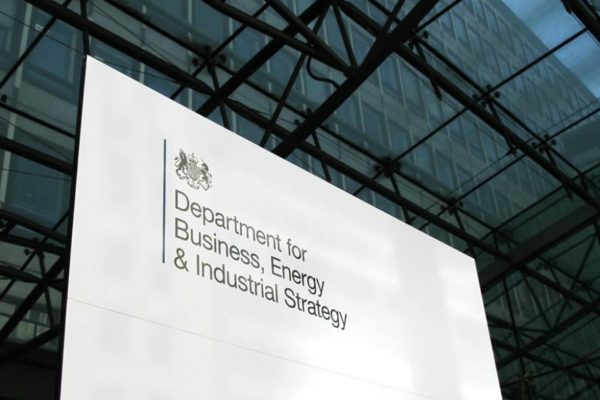Humber Freeport, a pioneering initiative to attract substantial investment and generate over 7,000 new jobs, has been officially launched. The inauguration occurred at the historic Pump House in Hull’s Alexandra Dock, a maritime hub that perfectly captures the region’s nautical heritage and burgeoning offshore wind industry.
This visionary project aims to tap into the strategic advantages of the Humber region to stimulate economic growth, foster skills development, and attract foreign investment across well-established and emerging sectors. Notably, Humber Freeport holds tremendous potential for bolstering the rapidly expanding renewable energy sector. It also envisions significant investment prospects in chemicals, logistics, advanced manufacturing, and technology.
The launch event was attended by esteemed public and private figures, underscoring the shared commitment to the success of Humber Freeport. The event marked the establishment of Humber Freeport Company Ltd and indicated the beginning of its operational activities.
Addressing the audience, Simon Bird, Chair of Humber Freeport, highlighted the pivotal role this initiative could play in advancing the UK government’s regional development agenda in the Humber area. He emphasised that Humber Freeport aspires to secure substantial private sector investments, projecting the creation of a minimum of 7,000 skilled jobs. Bird believes that this injection of investment can potentially transform the entire region’s prospects.
Central to this initiative are three designated tax sites – Hull East, Able Marine Energy Park, Immingham, and Goole – each offering incentives to businesses operating within their boundaries. These incentives include relief on land taxes, business rates, enhanced capital allowances, and National Insurance contributions for employers. Creating a customs zone in Grimsby adds another layer of support aimed at unlocking growth in the car handling and storage sector while bolstering the burgeoning electric car industry.
Humber Freeport’s status as a port enclave will allow it to capitalise on opportunities arising from the transition to a net-zero economy, particularly within offshore wind and other low-carbon technologies. This aligns seamlessly with the Humber’s identity as the UK’s Energy Estuary, the largest energy-related cluster in northwest Europe.
Michael Green, Head of Freeports at the Department for Business and Trade, also spoke at the event and emphasised that Humber Freeport’s establishment signifies a generational shift, highlighting the importance of inward investment for job creation and regional revitalisation. Green expressed confidence that Humber Freeport will serve as a pivotal force in decarbonising industry within the UK’s largest industrial cluster.
As part of its strategic focus, Humber Freeport is committed to three key workstreams: decarbonisation, skills, and innovation. These workstreams will converge to stimulate the region’s progress while harnessing the potential of ongoing investments, including rare earth metals processing and green hydrogen production facilities.
Jo Barnes, Managing Director at Sewell Estates, a partner in the Yorkshire Energy Park, echoed the sentiment that Humber Freeport’s status would catalyze financial and non-financial benefits. Barnes highlighted the broader impacts, such as increased global visibility and synergistic partnerships among stakeholders.
The launch of Humber Freeport is a landmark moment that heralds the fusion of heritage and innovation, capitalising on the Humber region’s unique advantages to usher in a new era of economic vitality and sustainable growth.
